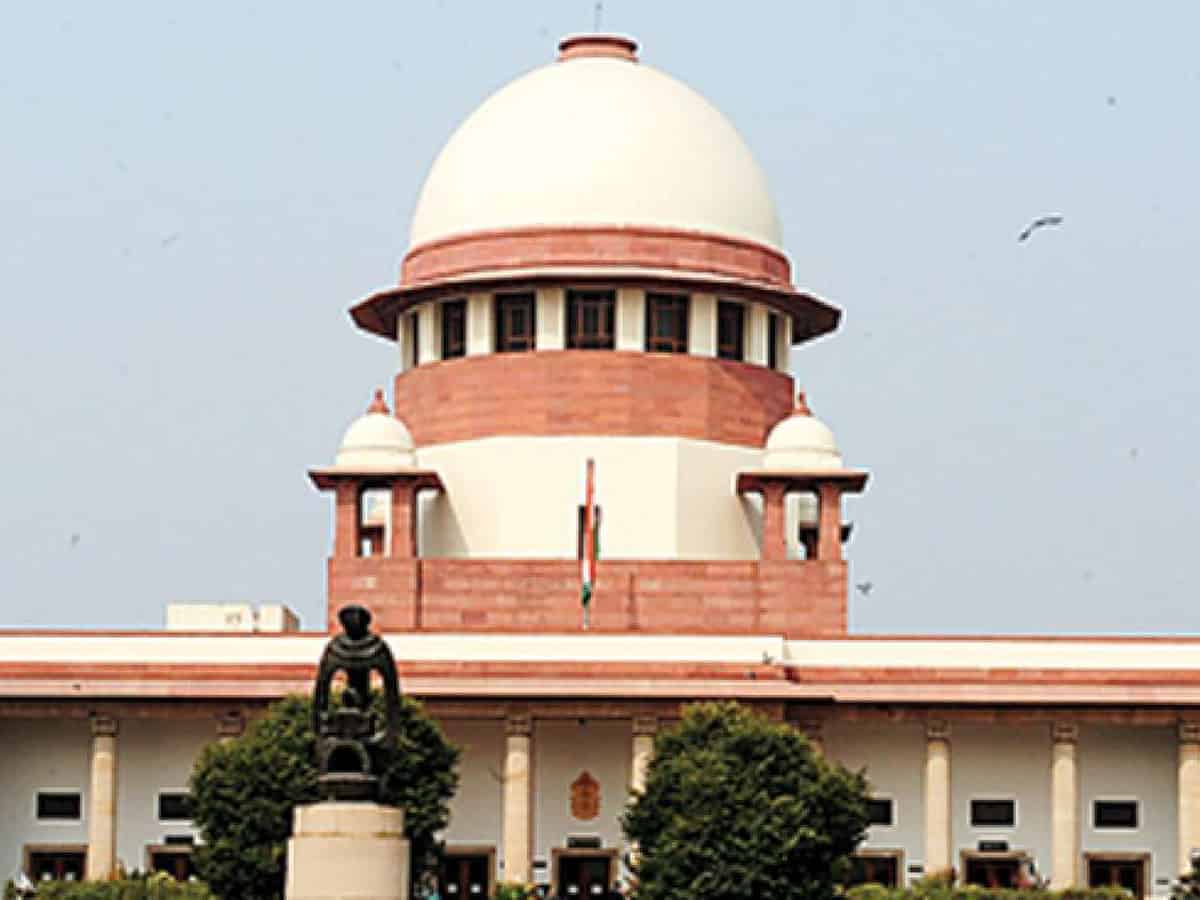New Delhi: Observing that executive acting in breach of judgments would be an “invitation to anarchy”, the Supreme Court has slammed the Centre for not appointing mandatory member (law) in the Central Electricity Regulatory Commission (CERC).
A three-judge bench of Justices Sanjay Kishan Kaul, Dinesh Maheshwari and Hrishikesh Roy expressed its anguish on the development and said, “we have shown considerable restraint in this matter. Our restraint seems to be misunderstood!”.
The bench, in its order passed earlier this week, has observed that the government is, unfortunately, showing no anxiety about the interests of the consumers or the Commission as it is taking its own sweet time.
“Government does not seem to be interested in coming to the aid of the consumers or making the Commission functional, which is not an unusual scenario seeing the functioning of the other Tribunals and Commissions, on account of lack of appointments to deal with the matter,” the bench said.
The apex court had, through its April 12, 2018, order, held that it is mandatory to appoint a member (law) in its quorum. It had directed CERC and all state electricity commissions to appoint a member from the field of law with qualifications of a high court or district judge.
Later, a contempt petition was filed before the court as directions of the apex court were sought to be breached on account of appointments made to the Central Commission on January 21, 2019, and thereafter on April 7, 2020, without appointing a member from the law, the bench noted.
Observing that there is “prima facie willful disobedience” on the part of the government, the top court had in August directed two members of the CERC to go on leave until a ‘member (law)’ is appointed to the Commission.
The order, passed earlier this week, read, “We have to express our anguish with the manner in which the Government sought to act, contrary to a judgment of this Court. It is the legislative function to pass the Acts and the administrative function to implement the provision of that Act. It is left to the judiciary to interpret the law. The law was interpreted by our judgment. The Executive cannot be expected to act nor permitted to act in breach of the judgment of this Court. This would be an invitation to anarchy! The mutual respect of the three pillars of democracy requires each of them to respect the role and functioning of the other.”
“The passage of time also doesn’t seem to have awoken the Government to the problem at hand and almost four months have passed since then. We are unable to come to the aid of the consumers because the Government does not seem to be interested in coming to the aid of the consumers or making the Commission functional, which is not an unusual scenario seeing the functioning of the other Tribunals and Commissions, on account of lack of appointments to deal with the matters,” the order added.
In the end, the apex court said that having expressed its anguish, it now specifically posed a question to the Additional Solicitor General as to when should we keep the matter, so that the government would have completed the task by then.
The bench then posted the matter for further hearing on January 20, 2021, accepting the request of the Additional Solicitor General.
The top court noted that as per the affidavit placed by the CERC 177 judgments were lying reserved from February to August 2020. However, it refused to lift the stay order to the extent of permitting the judgments to be pronounced by the Commission.

